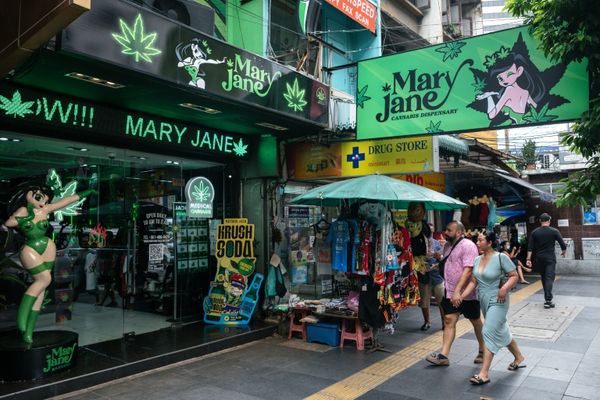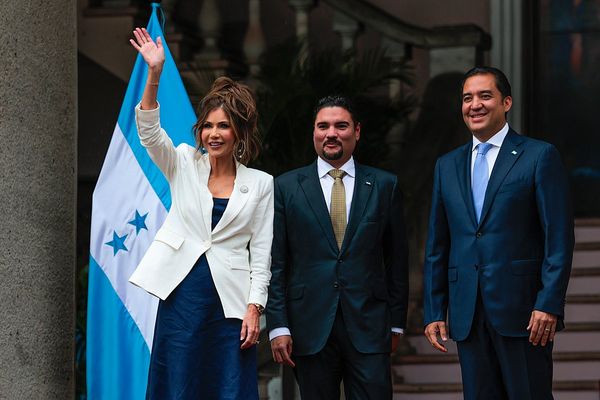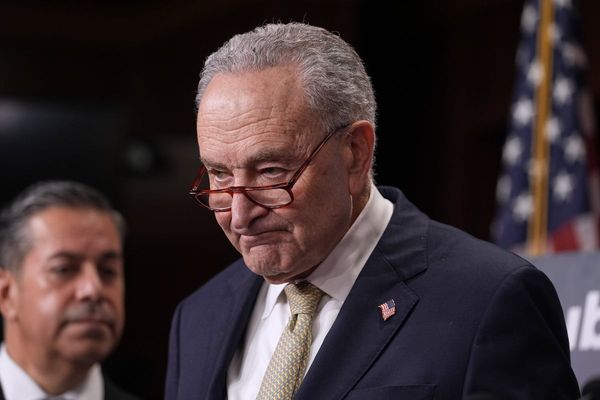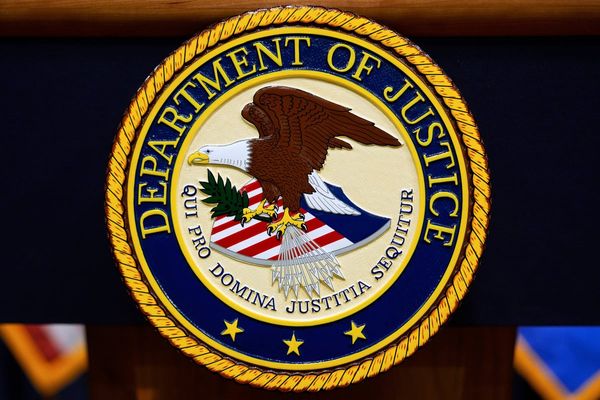The Australian government is playing hardball with the Norfolk Islanders, rejecting their claim to be indigenous and urging the United Nations to do likewise.

The government has told the UN that the Pitcairn Islanders who settled Norfolk are not indigenous, and nor can the island's population be regarded as an ethnically, religiously, linguistically or culturally distinct minority.
"There are no indigenous peoples of Norfolk Island or indigenous population on Norfolk Island," Australia has written in response to an appeal to the UN by islander Albert Buffett, 79. Australia dismissed Mr Buffett's appeal as emotive and riddled with errors.
Mr Buffett asked the UN to intervene after Australia stripped Norfolk of self-government in 2016, instead running the island from Canberra, using NSW laws. The islanders have a local council. The move has been highly contentious, with Norfolk residents now able to access Medicare, social security and other mainland benefits, but also required to pay taxes and rates, and losing their own parliament.
Mr Buffett accused Australia of censorship, saying the director of the island's radio station was removed on the grounds that criticism of Australia was "political", with community announcements now needing approval from the Australian administrator. At war memorial events, instead of playing God Save the Queen, islanders had been instructed to play the Australian anthem. Islanders were no longer able to attend regional meetings of parliaments, but were represented by Australian officials.
In its response, Australia said while the administrator had "encouraged" the Australian anthem, the decision had been made by the local Returned Services League. And it said while the practice of islanders attending regional meetings had come to an end with the abolition of the Norfolk parliament in 2016, Australia had never supported Norfolk attending.

Mr Buffett claims 47 per cent of the island are indigenous - by which he means descendants of the Pitcairn settlers. Both sides agree on the history. Norfolk has evidence of Polynesian occupation till about 600 years ago, but was then uninhabited till the British set up a convict prison in the 1780s. In 1855, with Norfolk empty again, the British shifted the population of Pitcairn to the island.
The Pitcairners are the descendants of the Bounty mutineers and the Tahitians who travelled to the uninhabited island with them to hide from the British in 1790. Norfolk was handed over to Australia as an external territory in 1914.
Australia told the UN that in 1999 the Human Rights Commission had rejected the idea that the Norfolk Islanders were indigenous. At the time, long-time islander Colleen McCullough argued the case for indigenous status, saying Pitcairners had been transported from their original homeland to a new homeland, complete with hierarchy, customs, culture and traditions.
Norfolk is now subject to NSW state law, and Mr Buffett argues that the islanders are disenfranchised because they can't vote in NSW elections. But Australia told the UN the claim was irrelevant because NSW can't make special laws for the island.
Mr Buffett relied on a report from Adelaide linguistics professor Peter Professor Muhlhausler, who said islanders were genetically distinct from mainlanders, with an Anglo-Polynesian identity, their own language which was not related directly to English, and a unique plant and animal life.
"The man-eating mammals and poisonous reptiles common to Australia are entirely absent from Norfolk," Prof Muhhausler commented, an observation Australia rejected as "completely irrelevant".
"Australia has not at any time relinquished its sovereignty over Norfolk Island," Australia told the UN.







